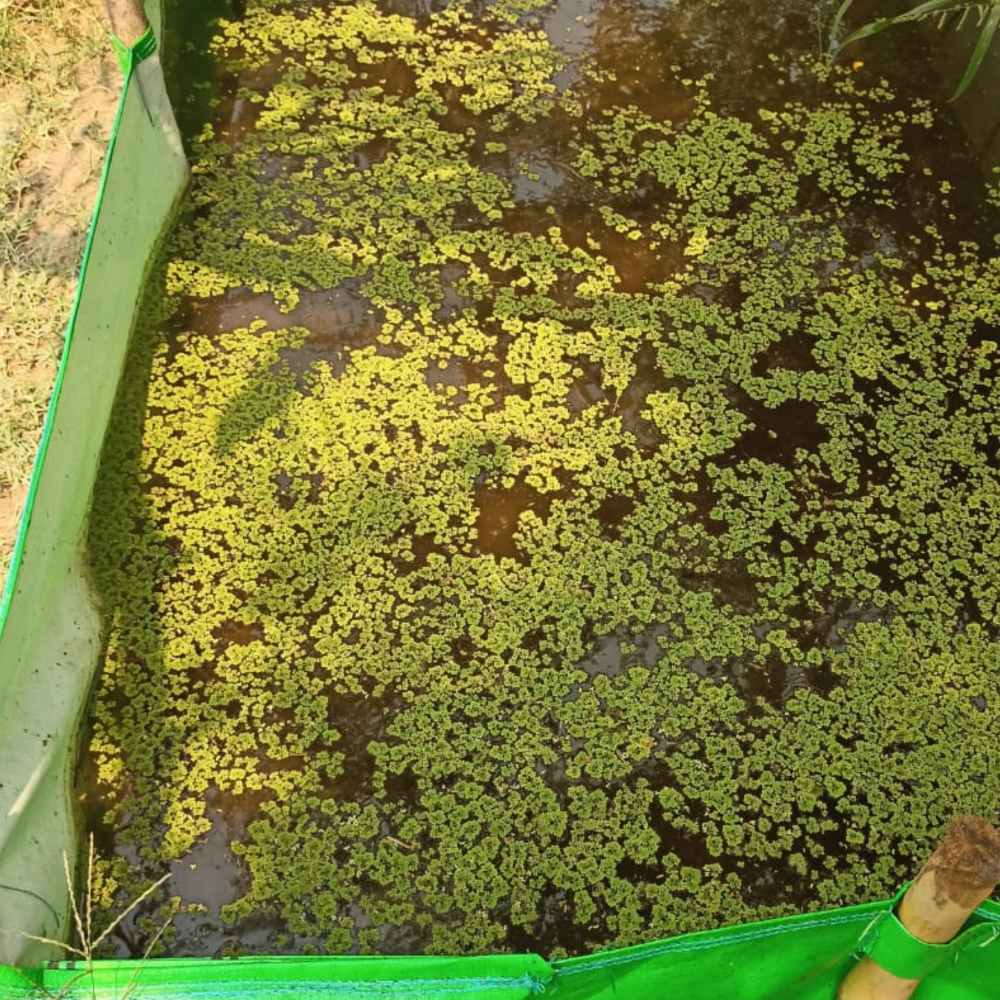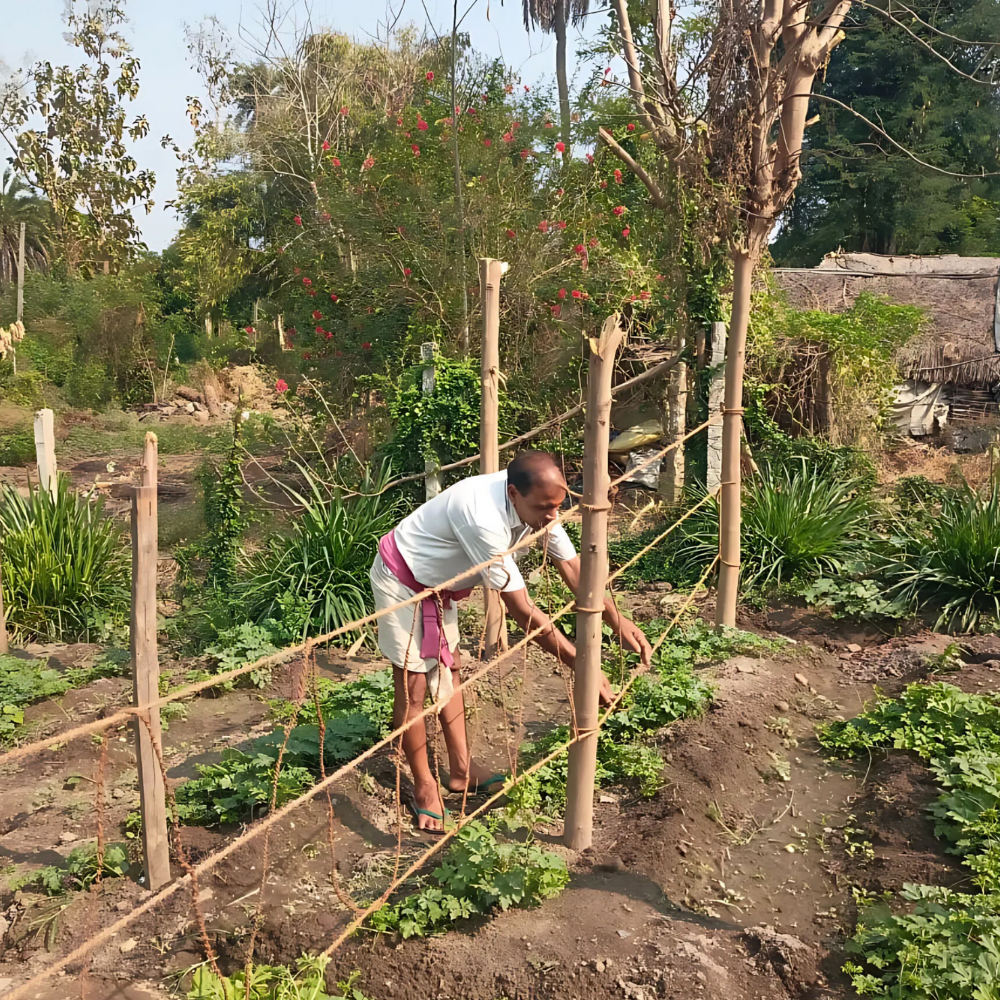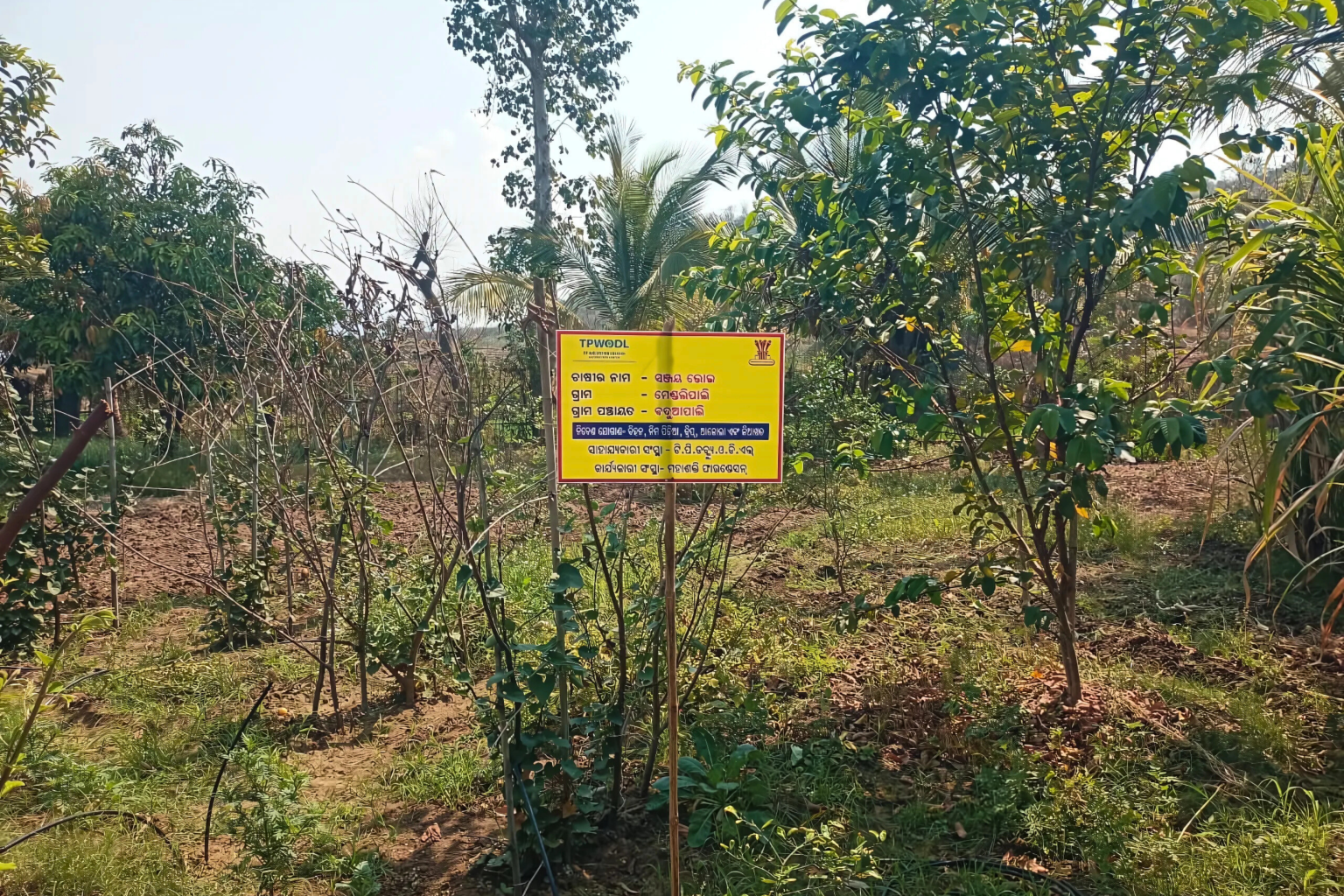Market-ready Chemical-free Vegetable Clusters
This project is a vital initiative tailored to the unique agricultural challenges of Western Odisha, including its susceptibility to climatic variability and often degraded soil conditions. Recognizing the region’s potential and the rising consumer demand for healthy and Naturally grown vegetables, JAIBIK aims to establish resilient, market- ready clusters that empower local farmers. The project provides targeted training in climate-resilient and chemical-free farming techniques, crucial for addressing Western Odisha’s unique climatic challenges. Additionally, it develops efficient irrigation systems to improve the region’s compromised soil health, enhancing both farmer livelihoods and environmental sustainability. It also focuses on securing better profit margins for farmers, leveraging the potential for premium pricing and establishing forward market linkages via dedicated market outlets. This holistic approach ensures that farmers in Western Odisha are not only producing high-quality, market-ready produce, but also have direct access to profitable markets, fostering long-term economic growth and ecological balance within the region.
Activities of the Project
1. Knowledge Dissemination and Training:
Engaging directly with farmers through village-level meetings to disseminate knowledge about organic farming techniques and their benefits.
Development of Farmers Field School for Creating practical, hands-on learning environments where farmers can learn and share best practices in organic vegetable cultivation.
Demonstrating and showcasing the tangible benefits and potential of organic farming, including improved livelihoods and enhanced environmental sustainability, through real-world demonstrations.
2. Organic Inputs and Infrastructure:
Development of Organic Farm Field by Actively working on the land to improve its suitability for organic vegetable production.
Establishing essential infrastructure within the clusters, including drip irrigation systems and facilities for organic input applications.
Providing farmers with the means to produce their own organic fertilizers,enhancing soil fertility and reducing reliance on external inputs by installing Azolla and Vermicompost Tanks.
Vegetable Seed Kit Distribution to supply farmers with high-quality vegetable seeds to kickstart their organic farming endeavors.



3. Sustainable Agricultural Practices:
Implementing mulching techniques to conserve soil moisture, suppress weeds, and improve soil health, contributing to sustainable farming practices.
4. Robust Forward Market Linkages:
Establishment of Market Outlets for Organic Produce for creating direct market access for farmers, ensuring they receive fair prices for their organic vegetables.
5. Collaboration and Convergence:
Facilitating collaboration with relevant government departments, including DDH and ADH, and other stakeholders to align project activities with ongoing schemes and maximize impact through convergence.
Engaging with the Horticulture Department’s events, such as participating in the Kisan Samman Samaroh, to showcase project achievements and foster meaningful partnerships.
